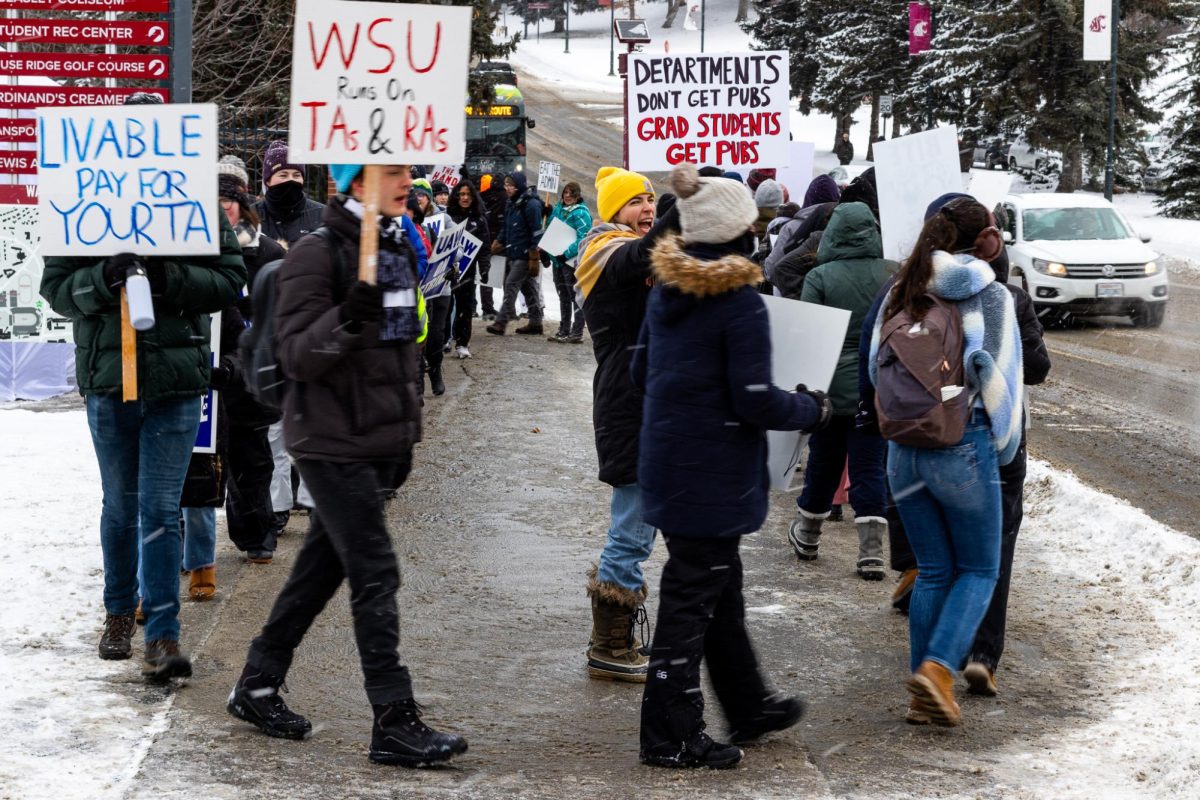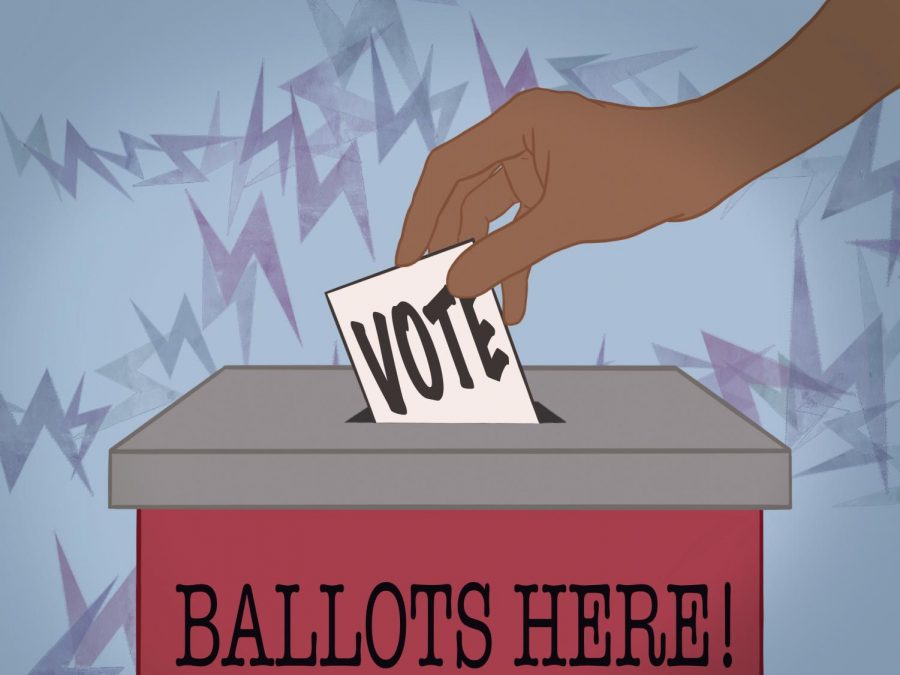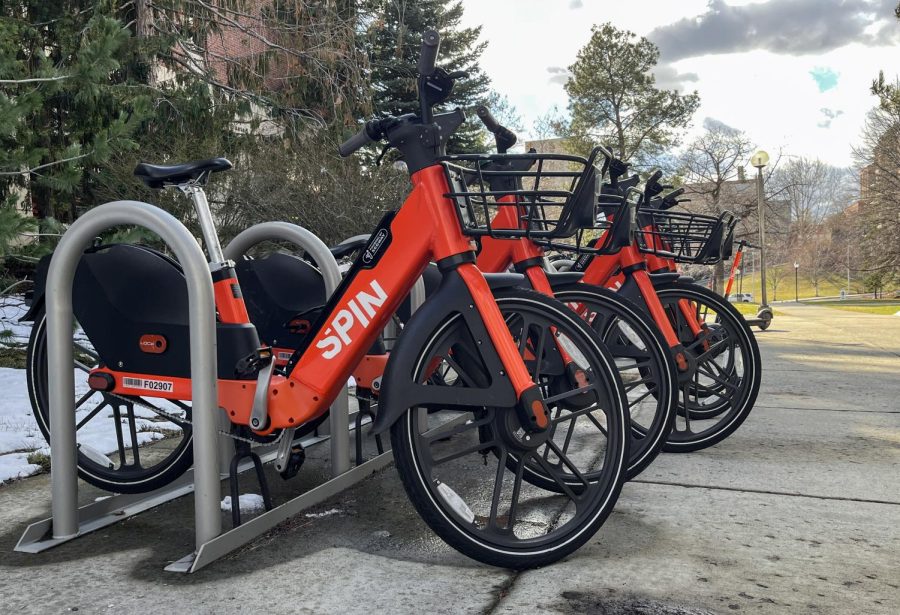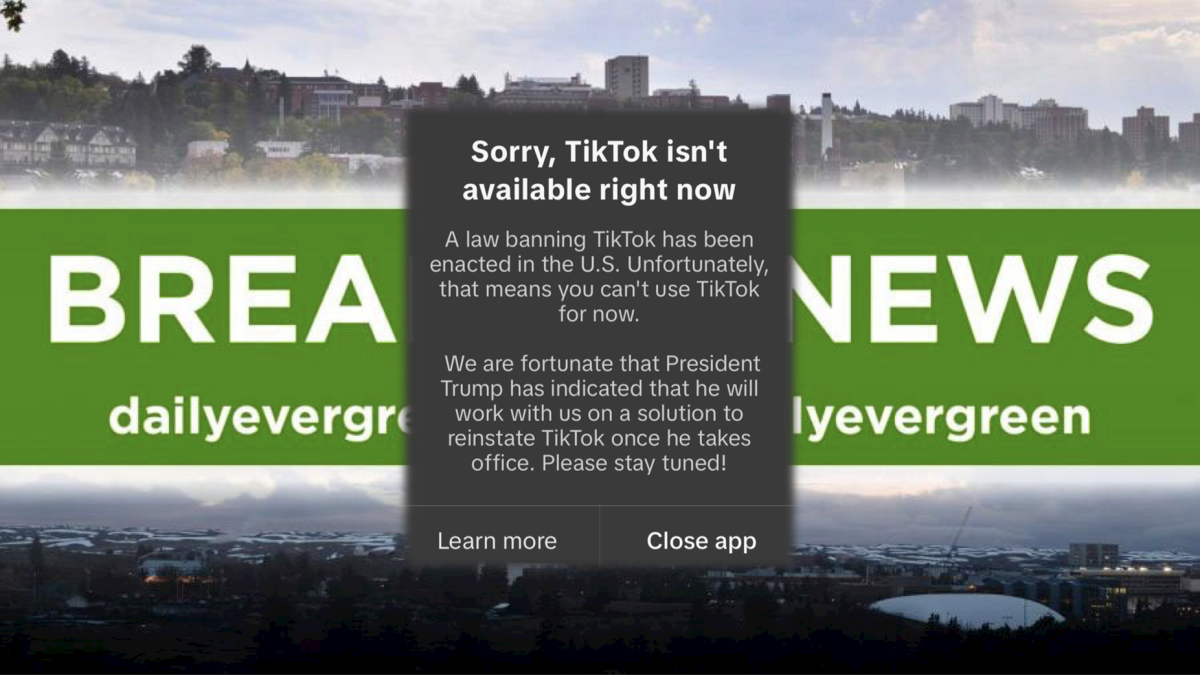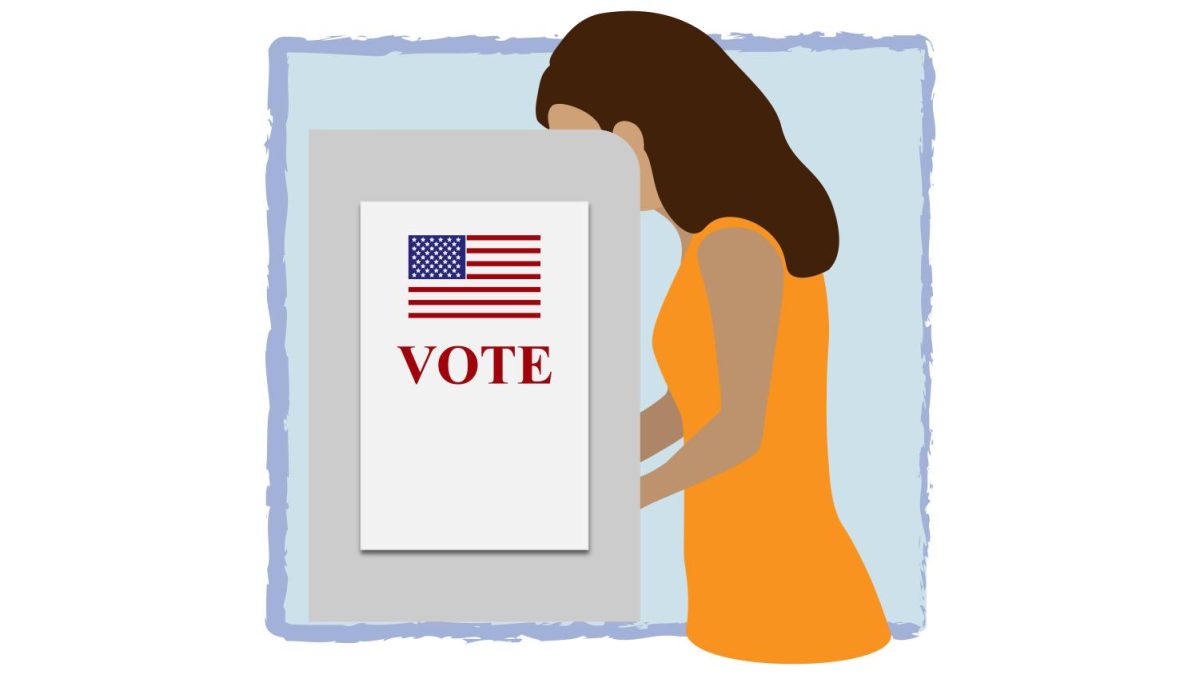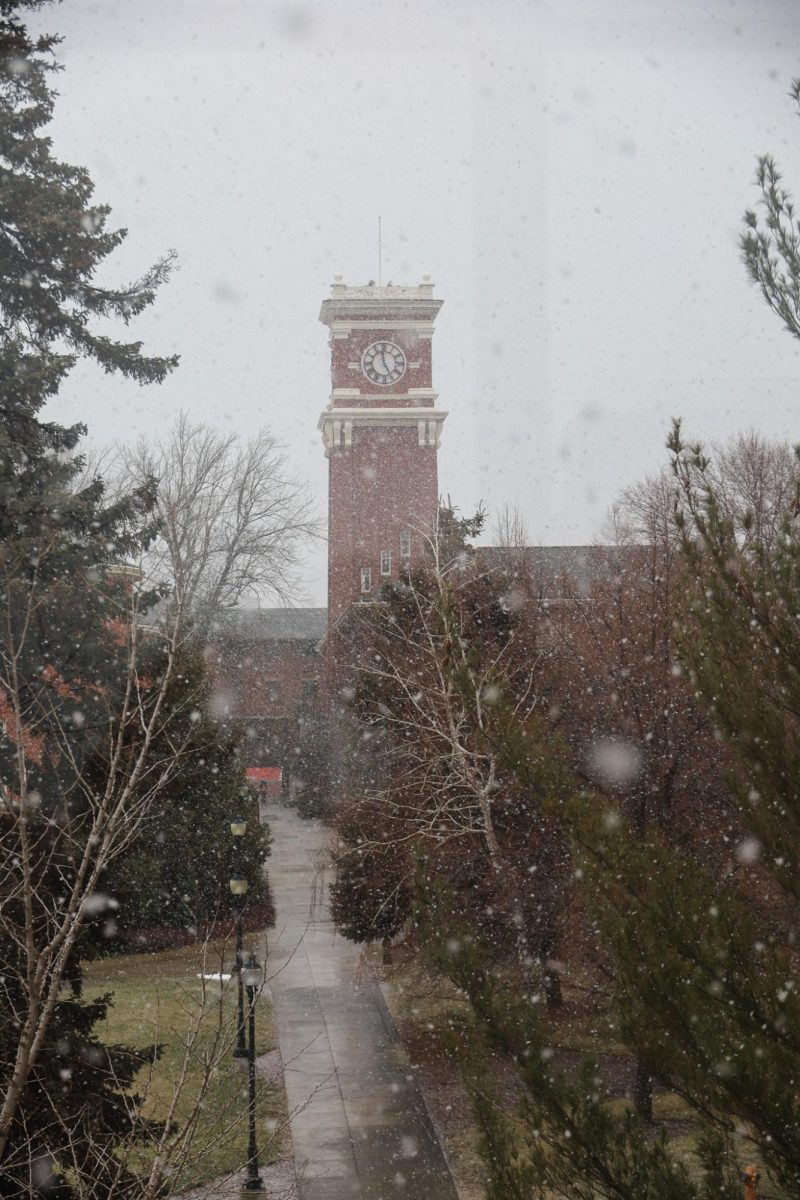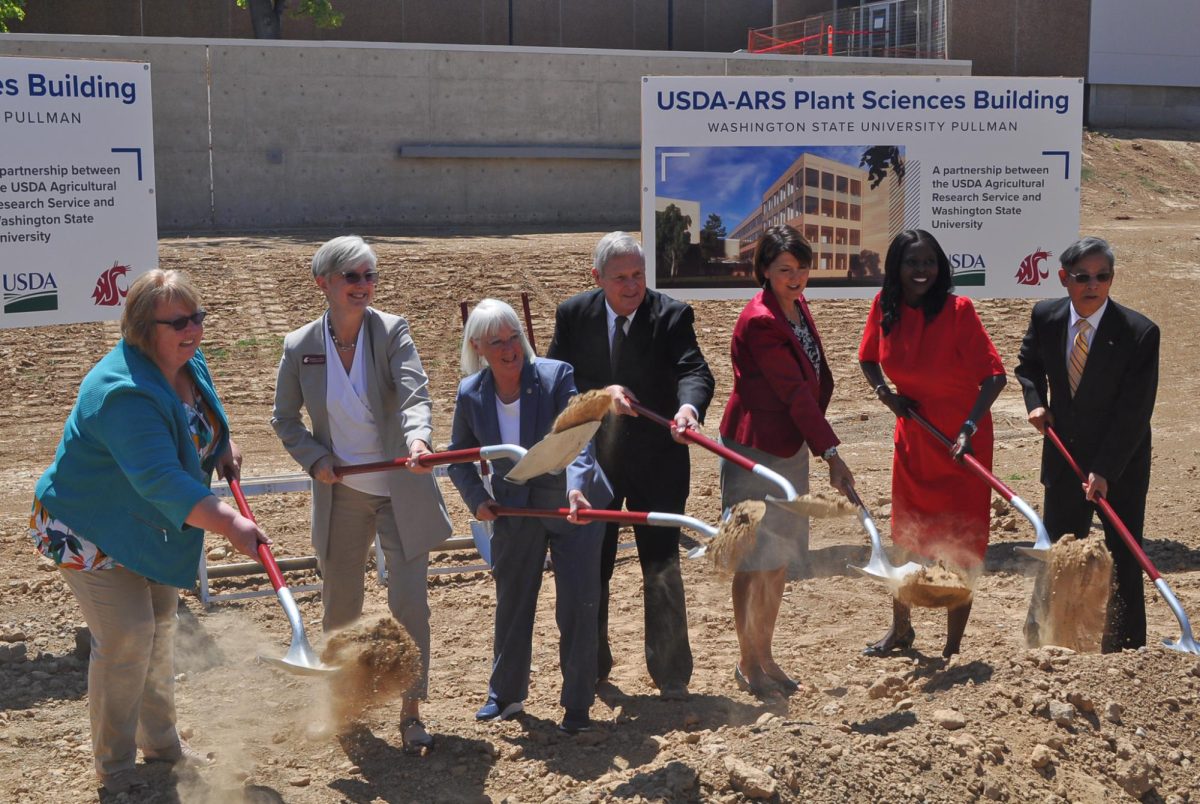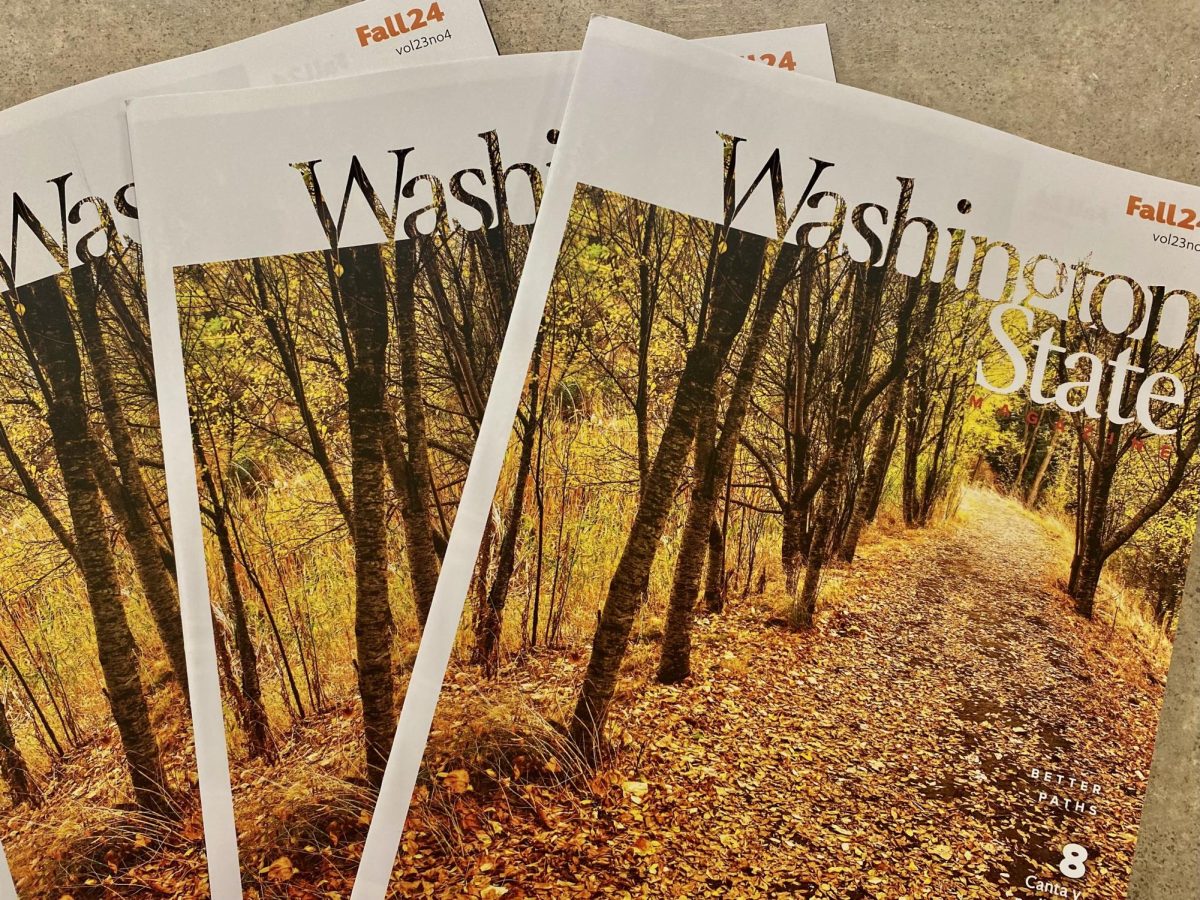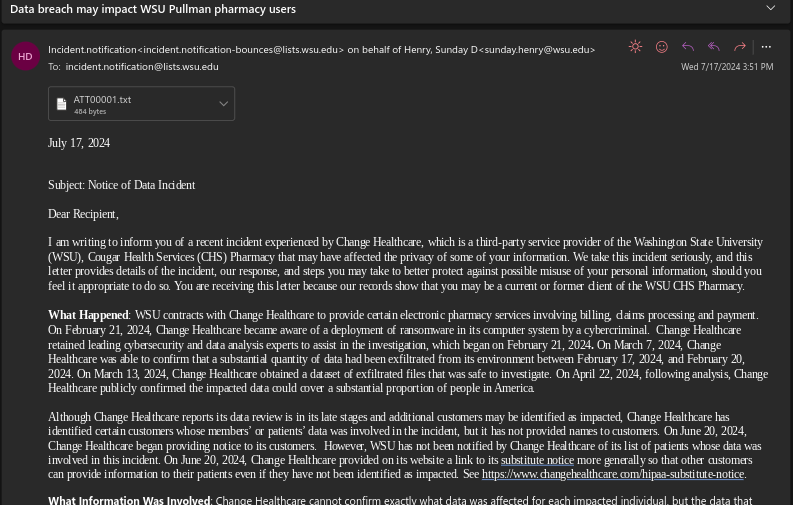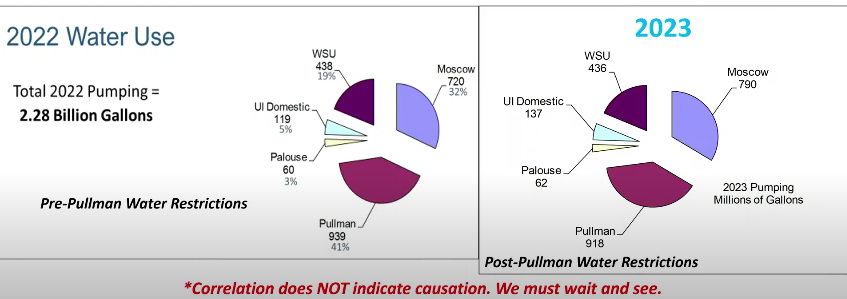Academic student employees on assistantships across all WSU campuses will see a minimum salary increase of 5% under a new proposal offered by WSU as academic student employees began striking Wednesday morning.
Labor negotiations between ASE’s and WSU have been ongoing since Nov. 2022, Ninh Khuu, a 3rd year PhD student in the department of plant pathology as well as an academic student employee who is a part of WSU CASE, an academic student employee union on campus, said.
CASE finally settled a contract with the university that would increase the minimum base wage for ASE’s in Pullman to $2318.50 within 90 days of ratification, which is a 39% increase from the previous minimum base wage of $1670, according to Jen Acker, the communications head for CASE.
“We have students in Vancouver, Spokane, Tri-cities, Puyallup, Prosser, Wenatchee and Mount Vernon,” Khuu said. “And those places all have different costs of living – so what we proposed is that ASE’s in those locations with higher costs of living get a proportional percentage increase to their hourly wages.”
Phil Weiler, Vice President for marketing and communications, said that the university recognizes the importance and role of ASE’s at WSU. The university reached a tentative agreement with CASE the morning of Jan. 17.
“We understand that teaching assistants and research assistants are really vital to what we do here at WSU,” he said.
With this wage increase offer, however, Weiler said WSU will have to expand budget reductions across various buildings and programs on campus.
“The fact of the matter is, for the past six years, WSU has made budget cuts every year,” Weiler said. “The only way we’re going to be able to pay for this is by making reductions in other places.”
Weiler said the university was already planning on making budget cuts before they were aware of what an agreement with the ASE’s might look like, due to decreased student enrollment in the past few years.
“Tuition revenue is vitally important to how WSU functions – it represents about half of our revenue,” Weiler said. “So when we see a decrease in students, like we saw during COVID, that has a huge impact.”
The university is planning on asking the state legislature to cover some percentage of the increased costs. However, there is no guarantee that this outside funding request will be granted, as congress has already been in session for a few weeks now, said Weiler.
Along with an increased and proportional wage offer, as well as bargaining for parental leave, vacation time and healthcare, CASE asked that WSU stop intimidating ASE’s, Khuu said.
“We ask Provost Chilton to stop intimidating our workers, and start trying to reach an agreement,” he said. “The university has sent out emails intimidating academic student employees regarding how unlawful it is to strike – which is not unlawful, and saying that we have to report leave without pay.”
Khuu said in the past, the university has not asked ASE’s to report their hours or whether they plan to go on strike. CASE believes it is unacceptable, and even illegal for the university to change the status of ASE’s in a situation where there is so much uncertainty present.
“Instead of actually bargaining with us, they’re resorting to intimidation,” he said. “The question is, why is administration still saying no?”
Wednesday morning, WSU administration made key last-minute concessions in order to reach a tentative agreement with WSU CASE.

